Interim Dean of the Auburn University College of Agriculture Dr....


Sign up for free below to receive College of Agriculture news and the latest issues of The Season Magazine.

Interim Dean of the Auburn University College of Agriculture Dr....
Retired professor and head emeritus of biosystems engineering Paul K. Turnquist passed away Dec. 11. Turnquist joined the Auburn family as a department head in 1977 after serving on the faculties of South Dakota State University and Oklahoma State University. He...
The Auburn University Water Resources Center (AUWRC) and Auburn University College of Sciences and Mathematics (COSAM) were recently awarded an Environmental Literacy for Community Resilience grant from the National Academy of Science’s Gulf Research Program. The...

Next month, honeybee enthusiasts are invited to attend the 31st Annual Alabama Beekeepers Symposium. The event will take place on February 7. Alabama Extension System...
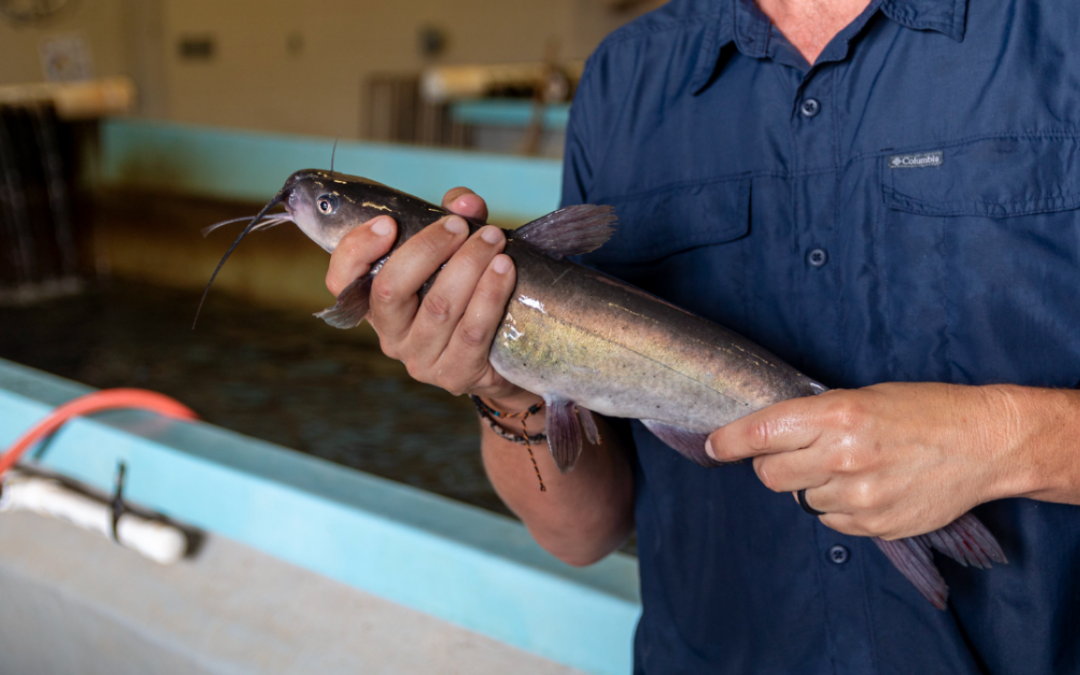
Fish scientists at Auburn University have recently refined a gene replacement method for transferring a advantageous gene from alligators into catfish to increase...
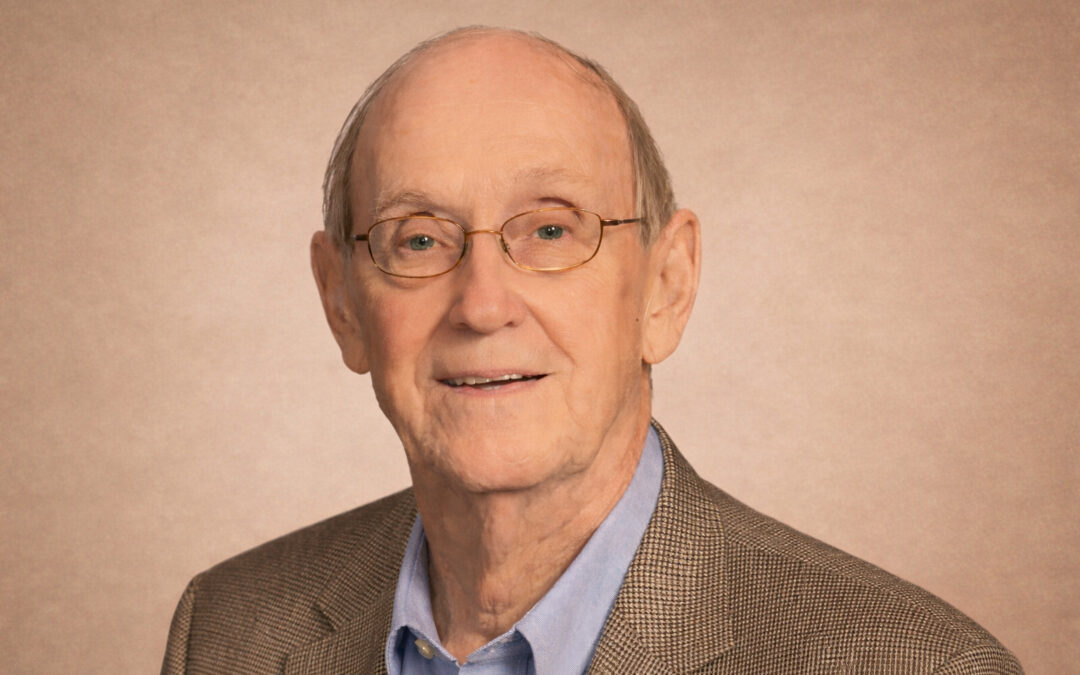
Retired professor and head emeritus of biosystems engineering Paul K. Turnquist passed away Dec. 11. Turnquist joined the Auburn family as a department head in 1977...
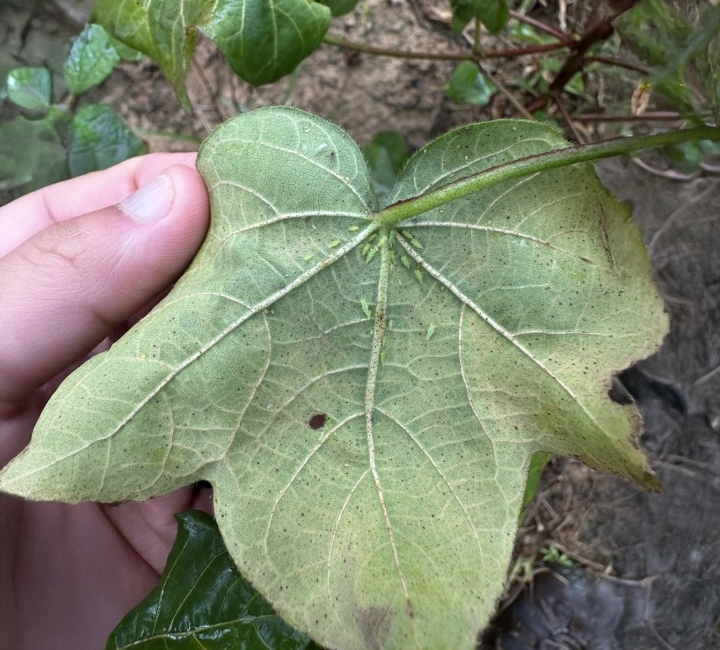
In an already stressful and trying growing season, researchers at Auburn University and Alabama Cooperative Extension professionals have confirmed an invasive insect, the two-spot cotton leafhopper, in cotton fields in Alabama. The insect is also commonly known as the...
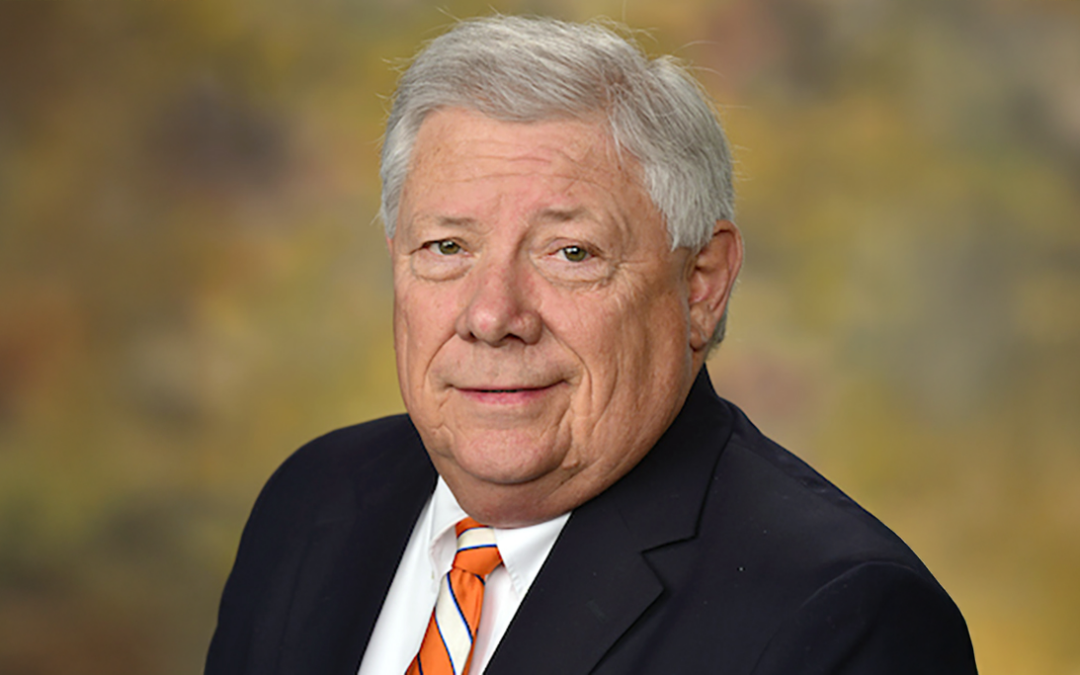
Auburn University Professor of Animal Sciences Wayne Greene was recognized by a national organization for significant contributions to animal sciences through teaching, research, service or industry. The Distinguished Professional Animal Scientist Award is presented...
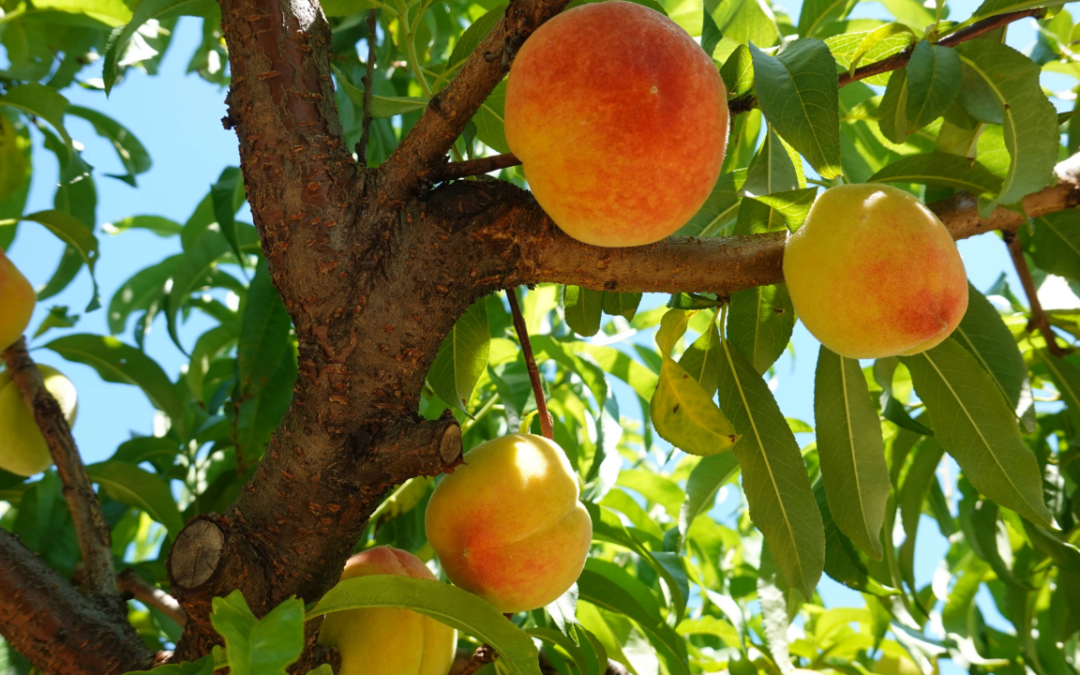
Right in the heart of central Alabama, research is conducted throughout the year to find ways to protect one of the state’s most precious commodities—peaches. Among the most damaging diseases affecting stone fruit—especially peaches—is bacterial spot. As a result,...
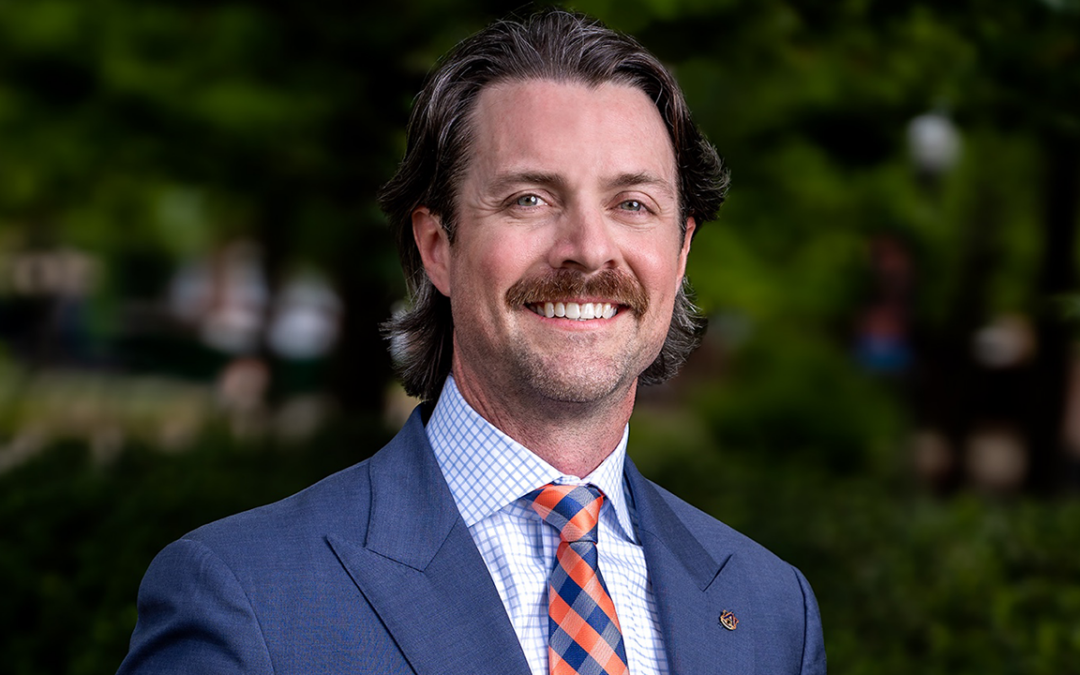
Postdoc recognized by the American Society of Parasitologists A postdoctoral fellow in the School of Fisheries, Aquaculture & Aquatic Sciences recently received the highest national honor bestowed upon early-career researchers in the field of parasitology. Micah...
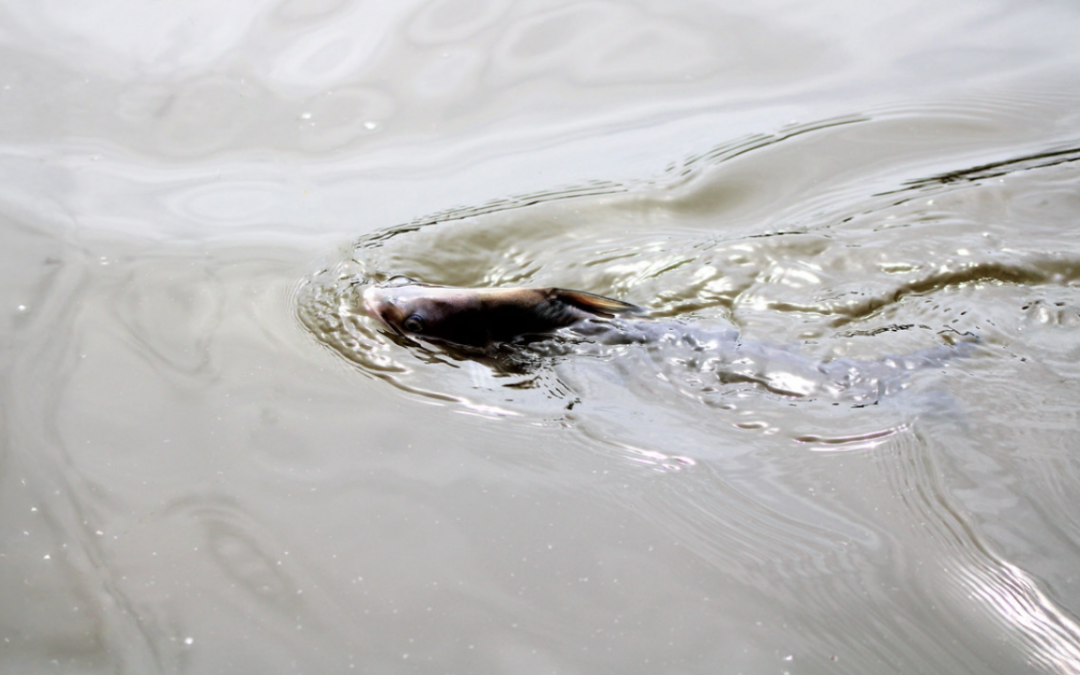
AU researchers work toward getting orally-delivered vaccines to catfish farmers
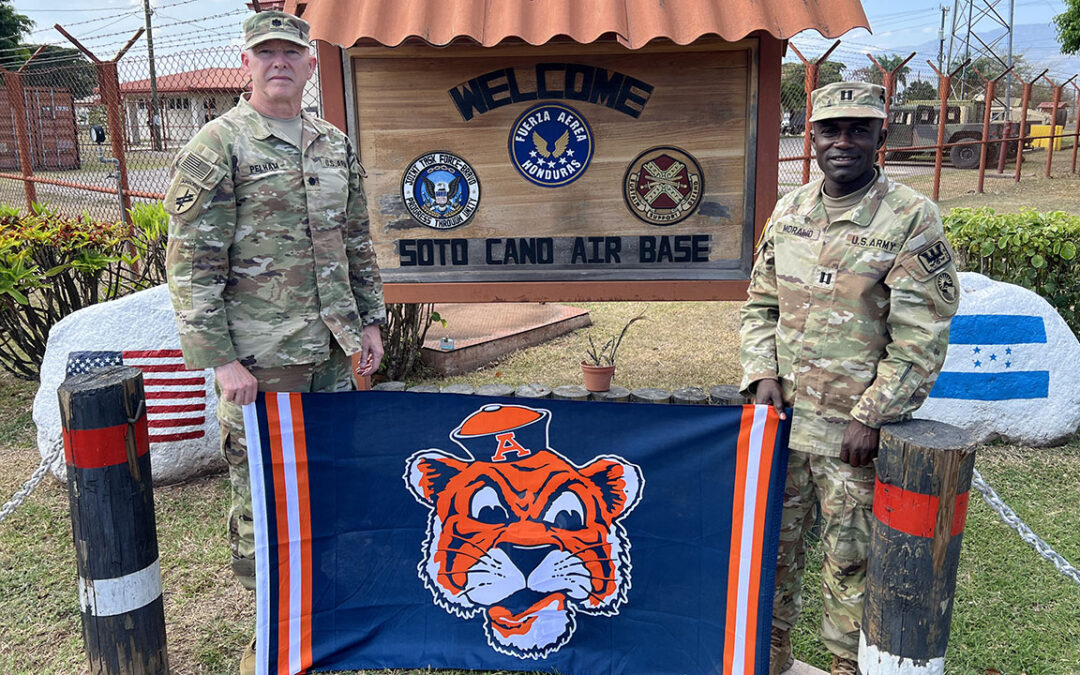
It was in Honduras, at the Soto Cano Air Base, where Capt. Tolulope Morawo and Lt. Col. Steven “Mark” Pelham met an enemy they had never encountered before. Morawo, an entomologist, and Pelham, a veterinarian, were on Army Reserve deployment facing the New World...
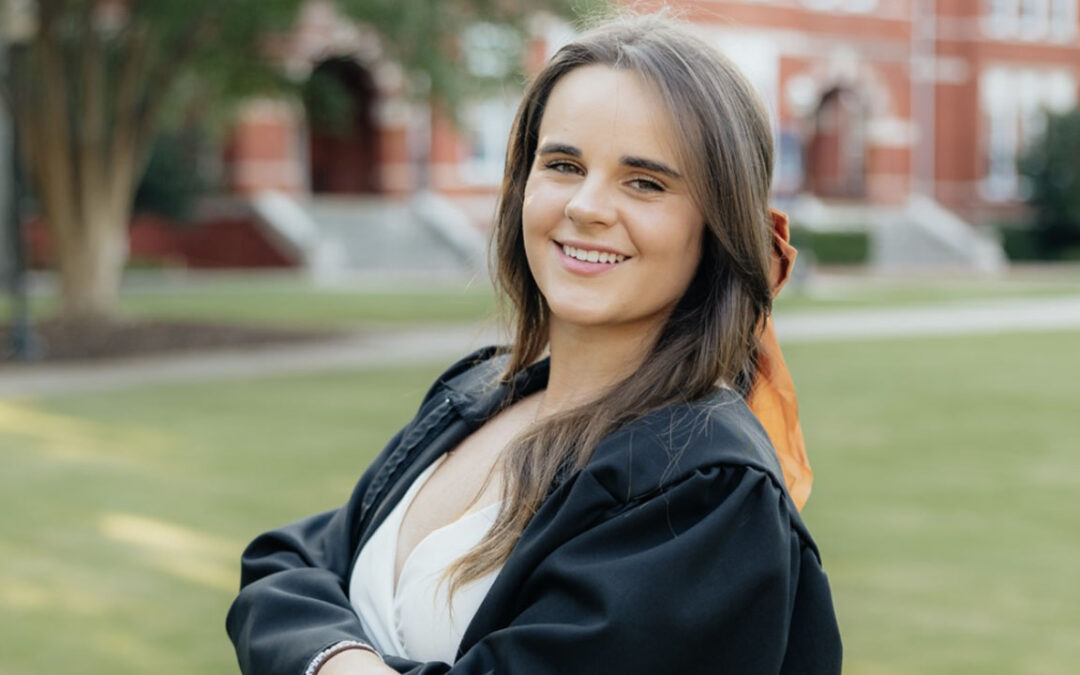
The College of Agriculture Scholarship Committee selected Alexandra “Lexie” Hare as the summer 2025 Dean’s Award recipient, recognizing her for academic excellence and service to the College of Agriculture. Hare graduated Saturday with a Bachelor of Science in...

Every year, the Auburn Family unites our pocketbooks for 24 hours to support the university’s teaching, research and extension missions for the year ahead. This year, we are celebrating the 10th anniversary of Tiger Giving Day, which will fall on Sept. 10. The College...
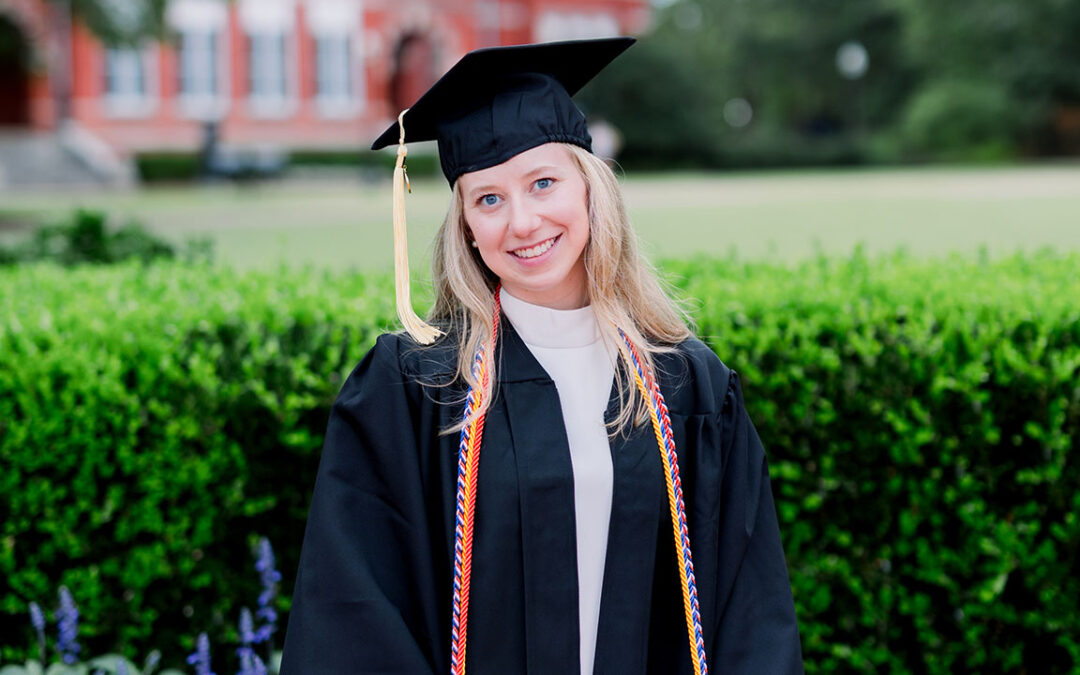
A Madison, Alabama, native will lead her classmates into the 2025 commencement ceremony at Auburn University this Saturday. Ella Taylor, an agricultural science major with a minor in poultry science, is the August 2025 graduation marshal for the College of...
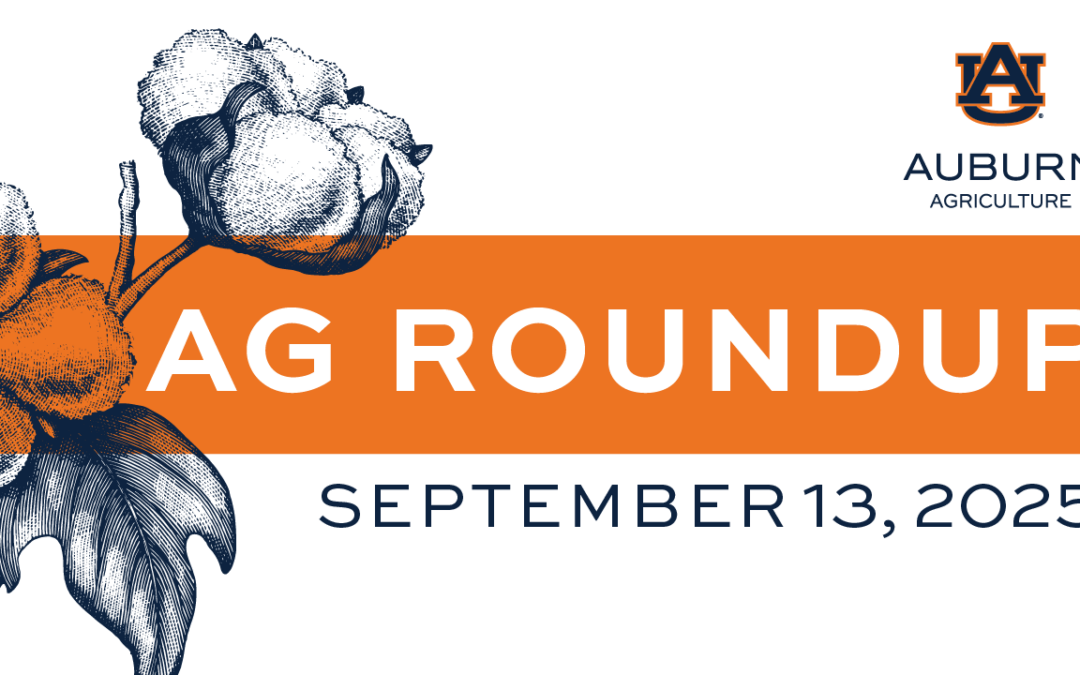
Auburn Agriculture alumni and friends are invited back to the Plains this fall for the 2025 Ag Roundup, set for Saturday, Sept. 13. One of the College of Agriculture’s most beloved traditions, Ag Roundup offers a chance to reconnect with classmates, celebrate Auburn...
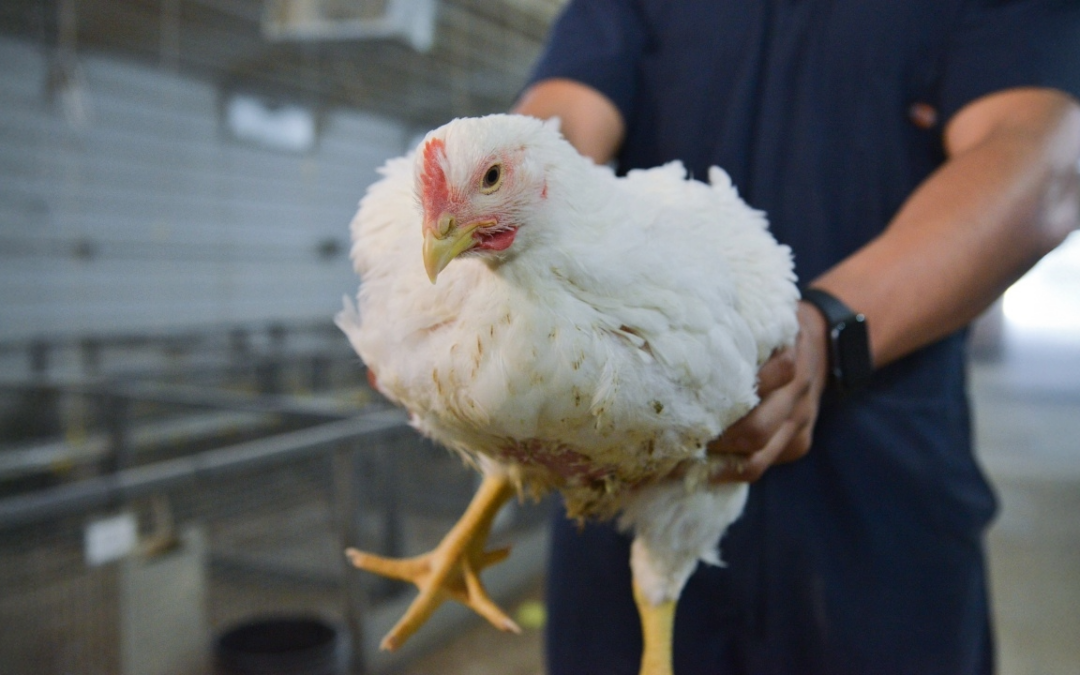
Researchers at Auburn University recently developed new methods for safely using poultry processing wastewater for food-grade hydroponic crop production. By eliminating pathogens, like salmonella, the research team was able to use wastewater from a poultry processing...
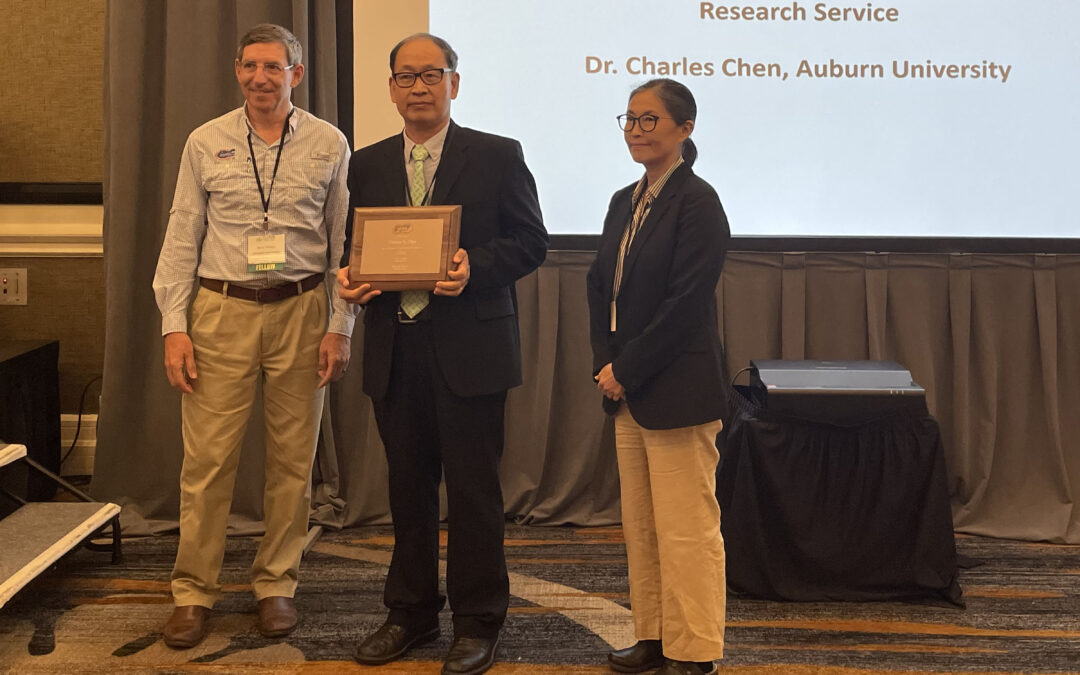
Auburn University Professor Charles Chen was recently recognized for outstanding contributions to his field of peanut breeding and genetics. At the 57th annual meeting of the American Peanut Research & Education Society (APRES) July 15-17 in Richmond, Virginia,...
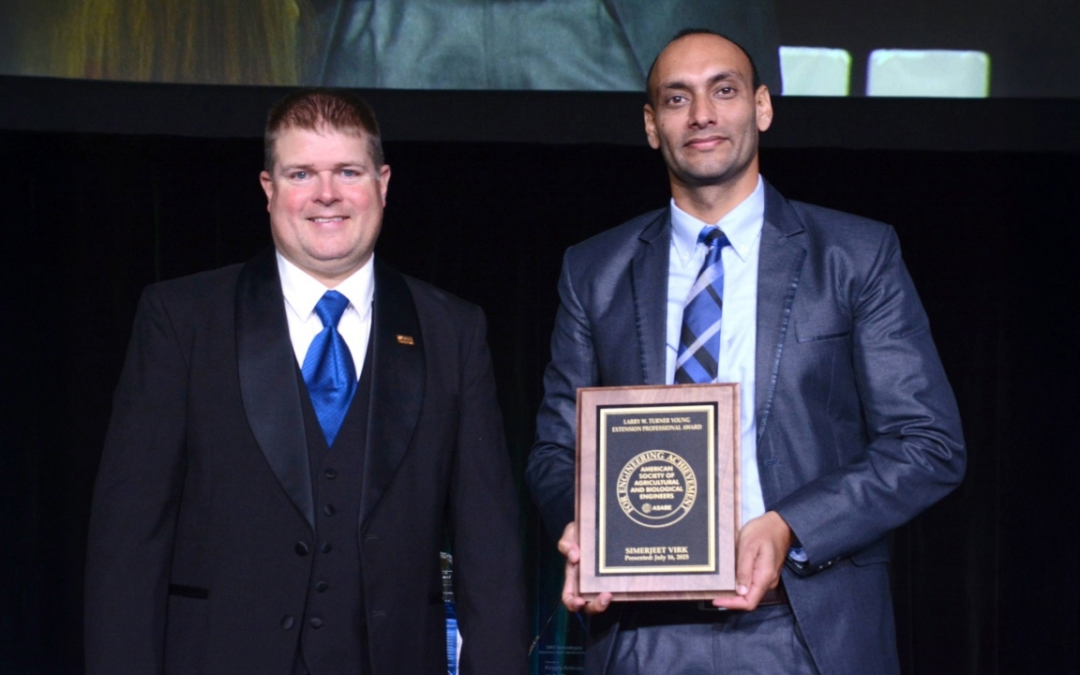
Auburn University’s Biosystems Engineering faculty and students garnered high honors and awards recognition through a prestigious international organization.
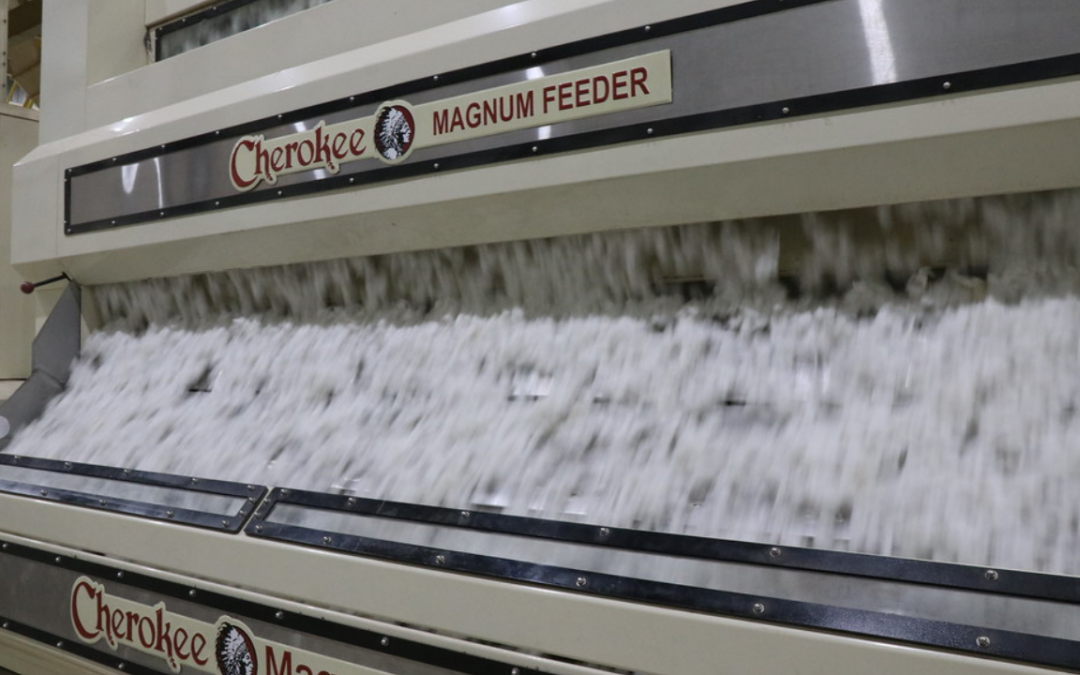
A fierce battle is being waged between cotton and polyester, with polyester edging ahead as the most widely used fiber in the world, for now. In fact, synthetic materials account for more than half of today’s overall market share.
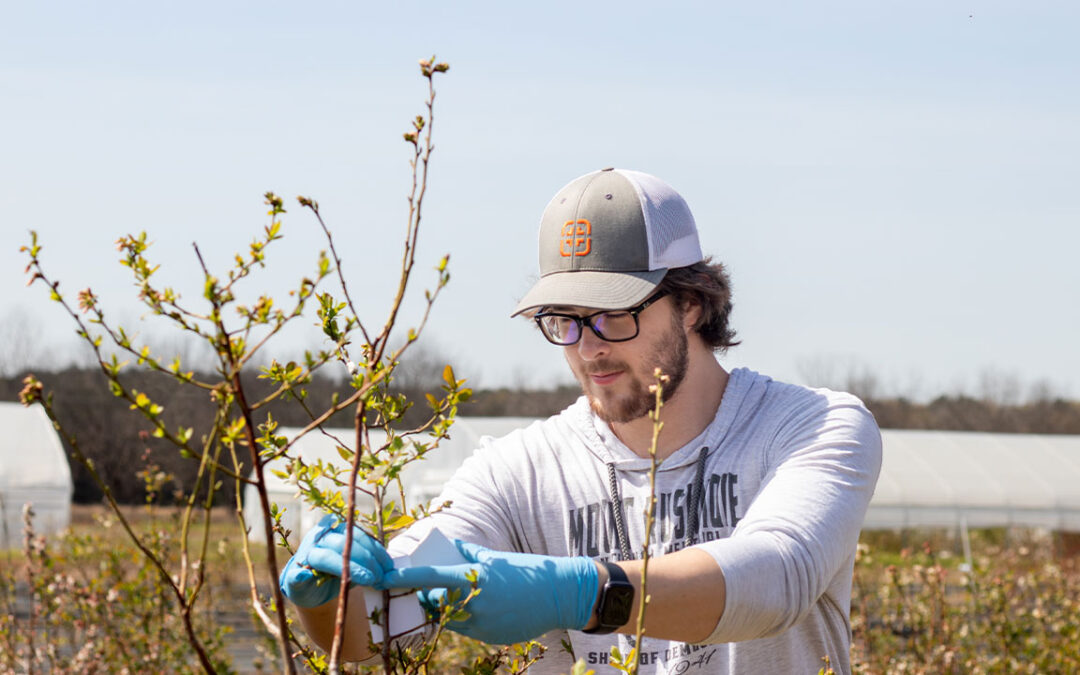
By Amy Weaver Auburn University often adds academic programs in response to workforce demand and societal needs. One of the latest additions is a major in biological and agricultural technology management. With the acronym BATM, it is colloquially called the “Batman”...
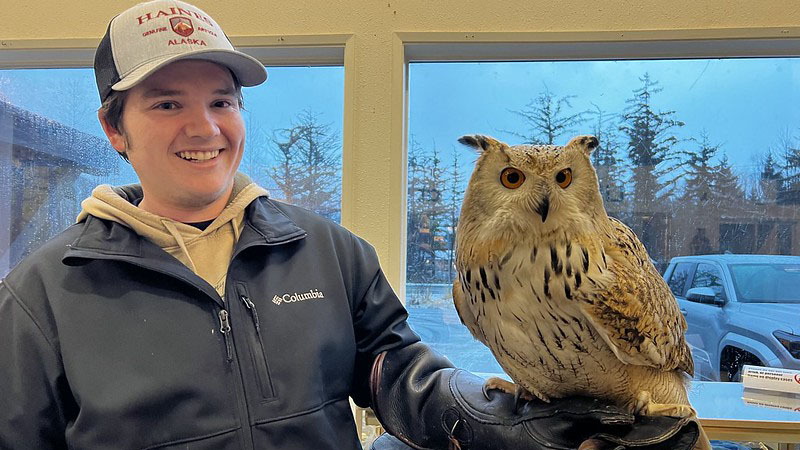
By Chris Anthony Far from the rolling plains of Alabama, the tiny mountain community of Haines, Alaska, (population 1,700) might be the last place you would expect to hear a hearty “War Eagle” as an eagle soars overhead. But that is slowly changing with Gabe Hallmark...
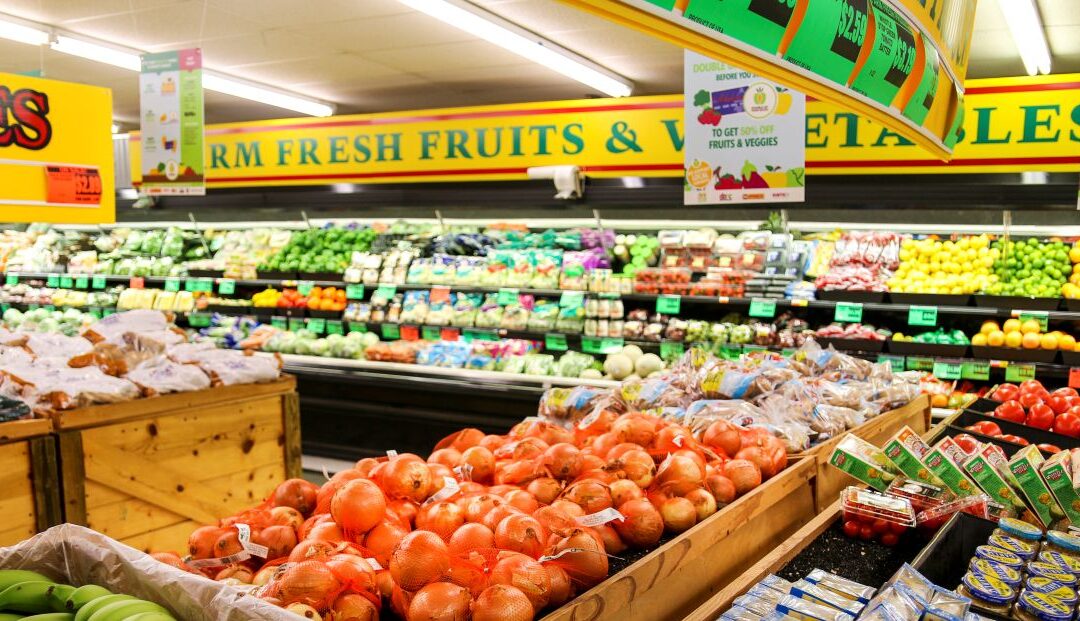
Double Up Food Bucks Alabama is enhancing communities by making fresh local produce more affordable and accessible at select grocery stores and farmers markets. The program is funded in part by the U.S. Department of Agriculture (USDA) with matching funds from state...
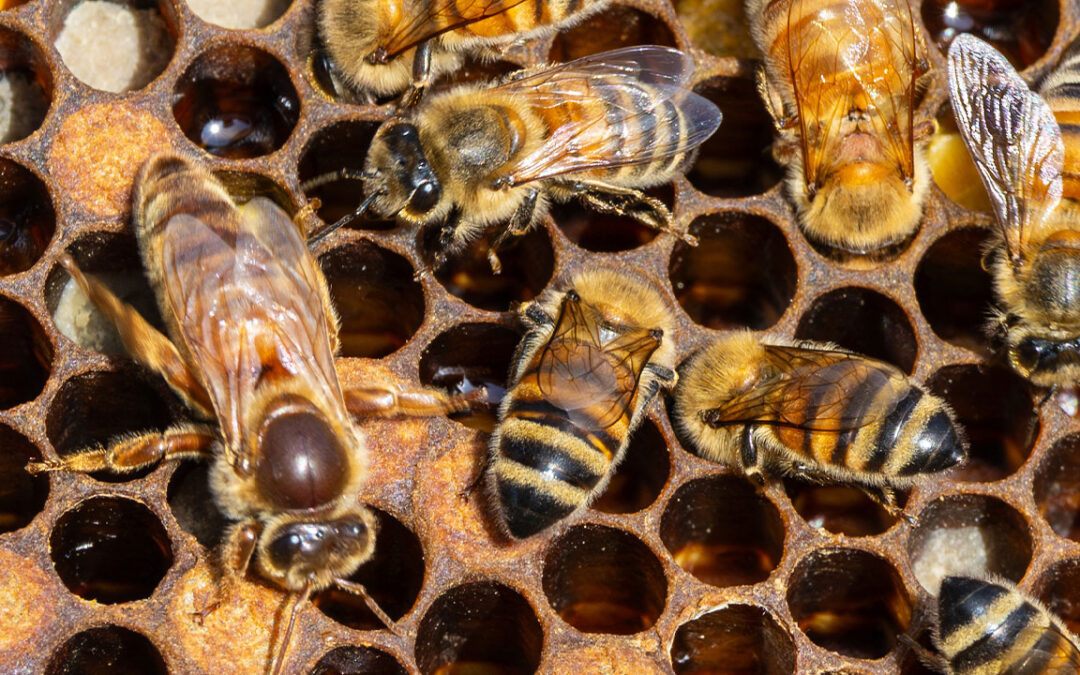
The annual U.S. Beekeeping Survey results are in for the 2024-2025 calendar year. In collaboration with Auburn University, the Apiary Inspectors of America, Oregon State University and others, the national survey estimated that 55.6% of managed honey bee colonies were...
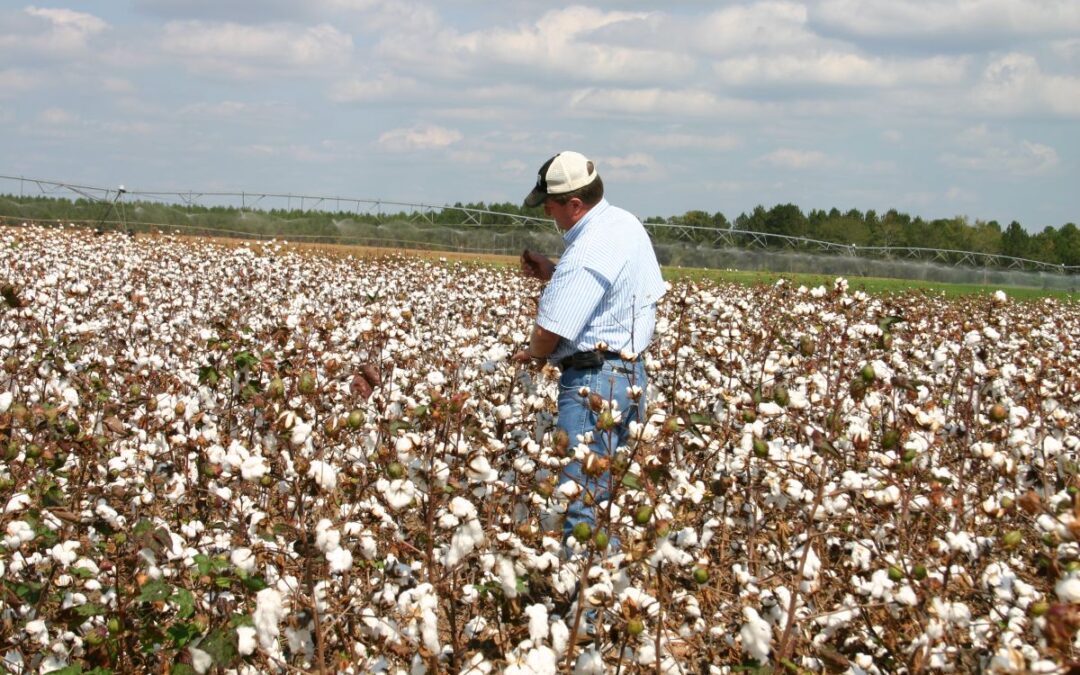
Cotton is undoubtedly one of the most recognizable plants in the world, with its heart-shaped leaves and branches that explode into powder-white fruit. But it’s also one of the more understudied field crops. “Previously, it was unclear where and which specific...

Alabama has been a stranger to the rain several times during the past few years. To prepare the state with more than just a forecast, the Alabama Drought Reach (ADR) program provides climate data statewide.
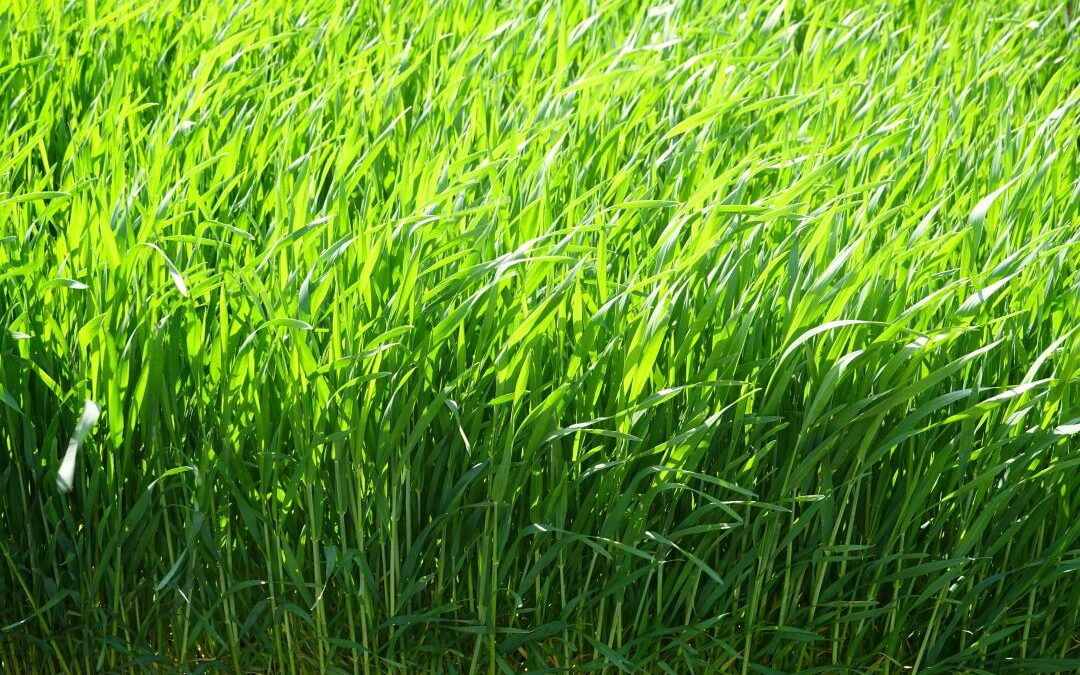
From the Coastal Plain to the Black Belt, Alabama cattle producers are utilizing forage systems to their advantage to meet the challenges of modern agriculture. Alabama ranks 17th nationally in beef cattle, according to the Alabama Cattlemen’s Association. Alabama...

Sudhanshu Kumar, a Ph.D. student in the Hydroclimate Research Group within the Department of Crop, Soil & Environmental Sciences, has been selected for the 2025 LEAP Summer Momentum Fellowship — a prestigious and highly competitive opportunity for doctoral...
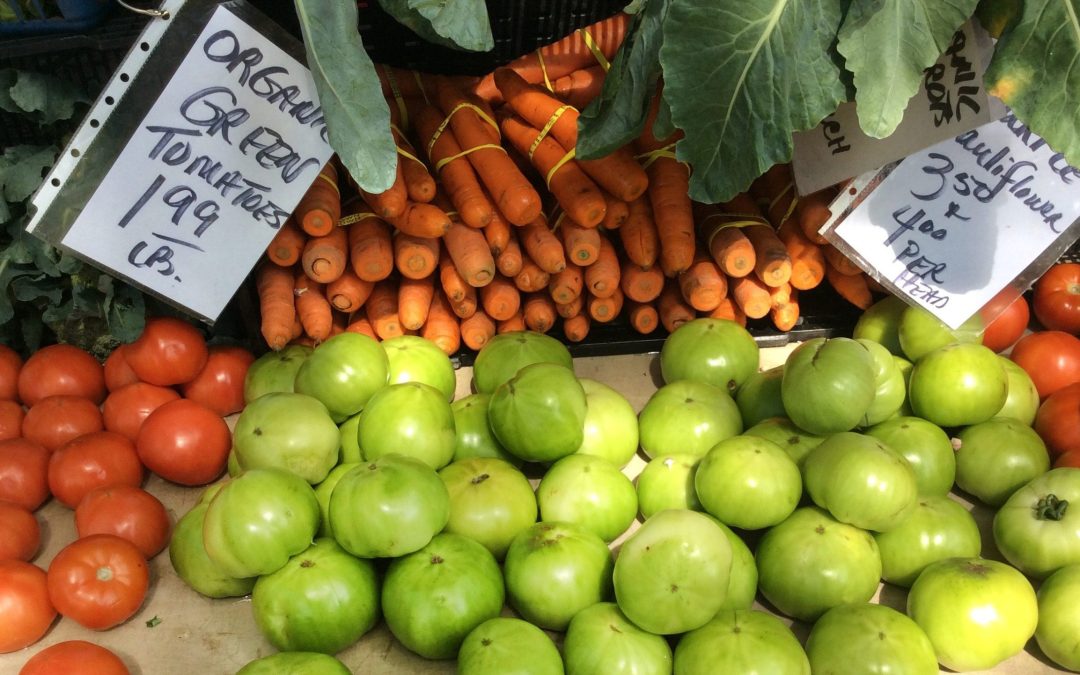
A recent study conducted by agricultural economists through the Alabama Agricultural Experiment Station examined consumers’ willingness to pay a premium for organic produce. In recent years, interest in organic produce has grown significantly; however, many...
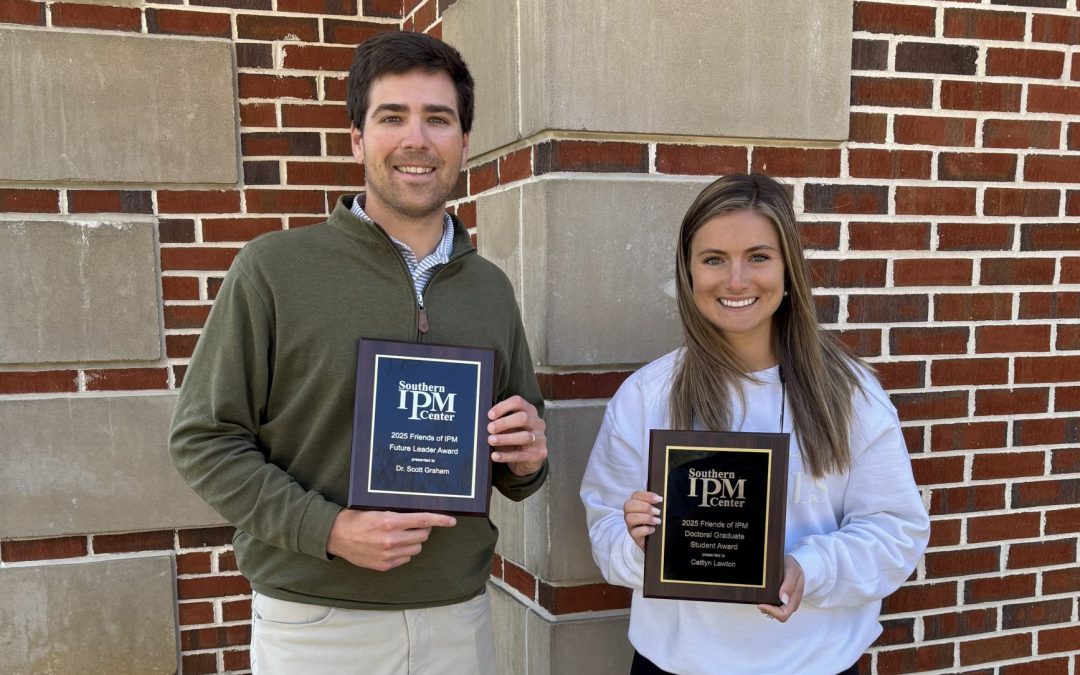
Auburn University graduate students and one faculty member rose above and beyond for this year’s Southern Integrated Pest Management (IPM) Awards. For the first time, two Auburn doctoral candidates, Caitlyn Lawton and Rogan Tokach, were honored for their achievements...

The Alabama Water Resources Conferences is accepting abstract submissions until May 23. Submissions considered include lightning talks, standard oral presentations and poster presentations. For more information or to submit an abstract, visit the conference website at...
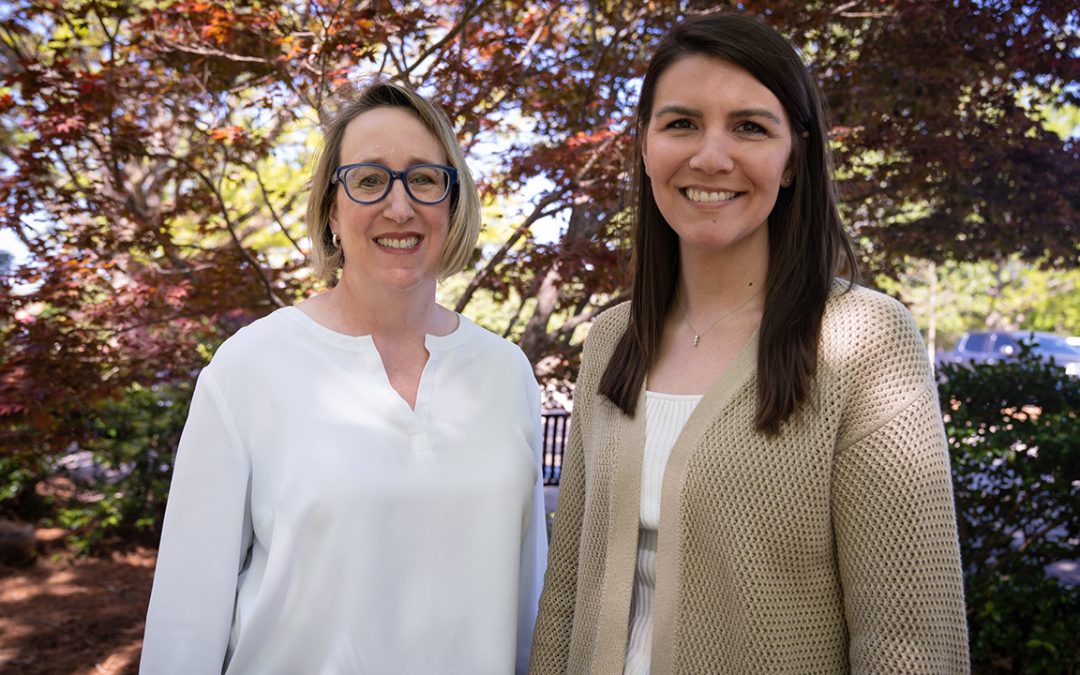
Alabama’s $123 billion agriculture industry has identified land loss, profitability and transportation infrastructure among its most pressing challenges in a recent report. The findings of the report will inform Gov. Kay Ivey’s strategic economic growth plan,...
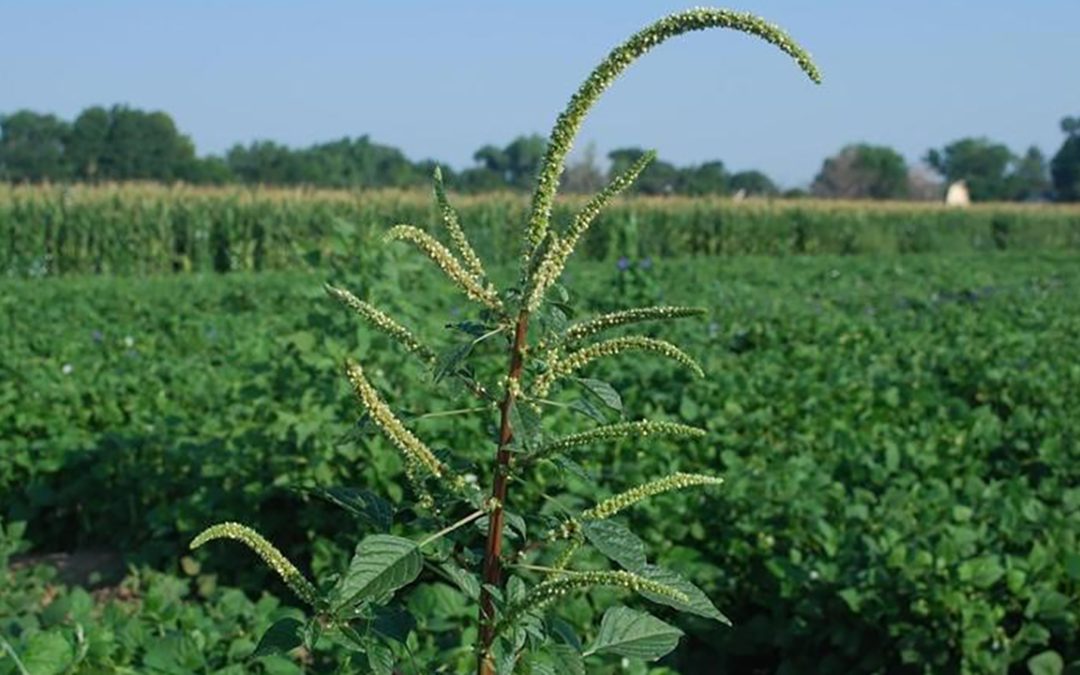
Imagine a weed that can produce 600,000 seeds per plant and grow as much as 2.5 inches per day. Such a weed exists, and it’s not being grown somewhere in a secure lab — it’s widespread in the fields of Alabama farmers and throughout the United States. This “super”...
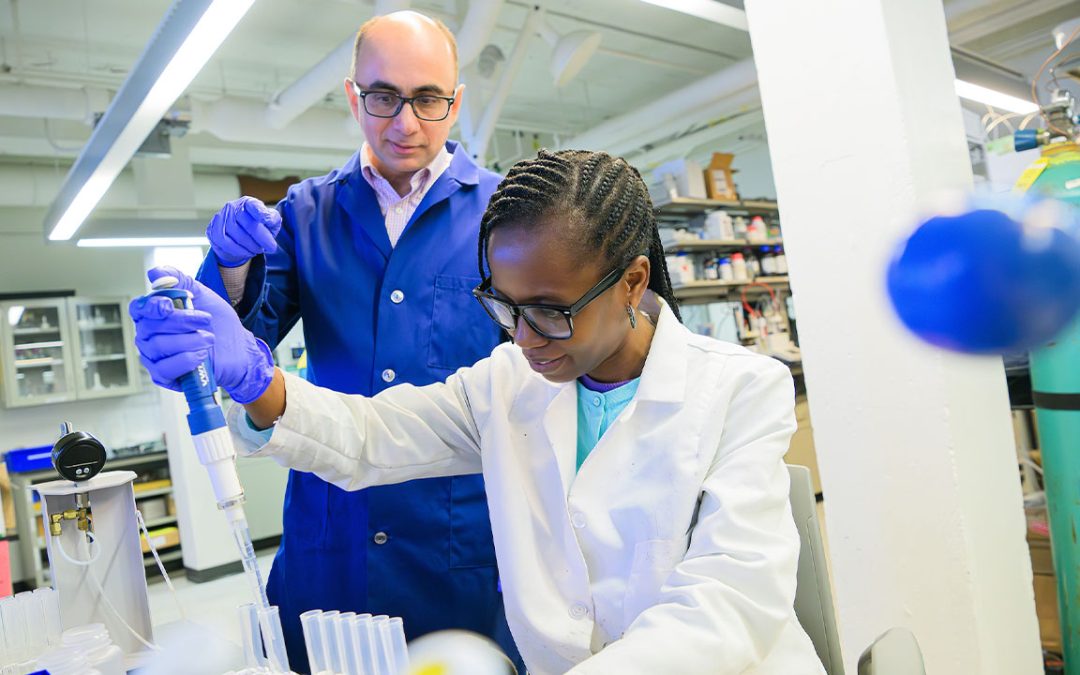
The Southeastern Conference (SEC), on Feb. 24, named Sushil Adhikari as Auburn’s honoree for the SEC Faculty Achievement Award.
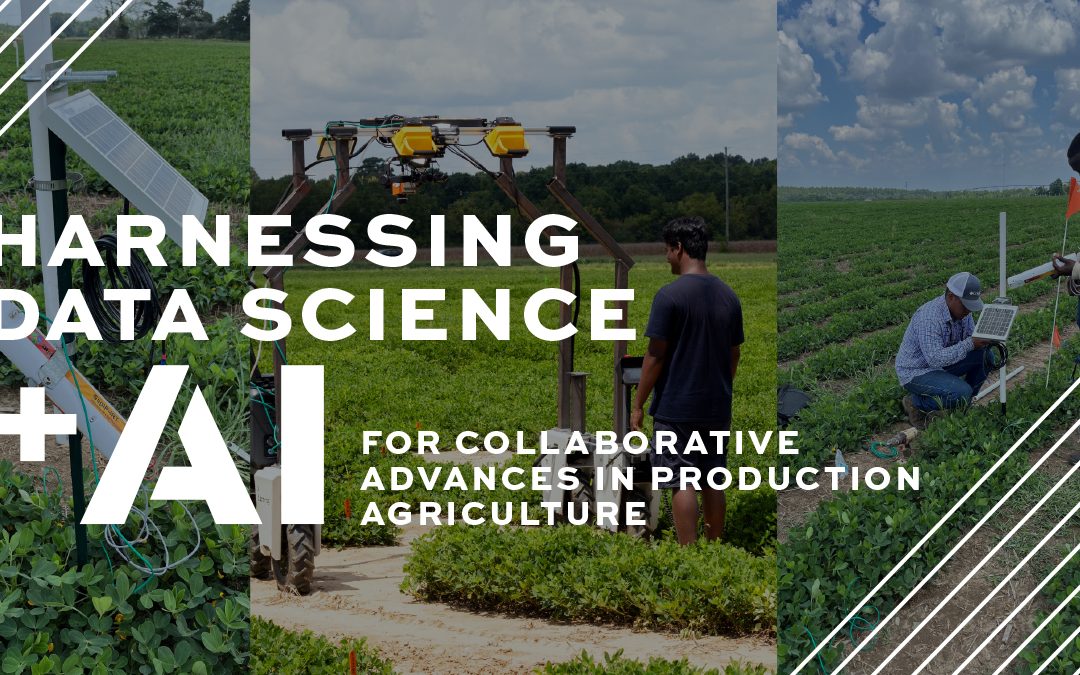
Forum to be held 7:30 a.m. to 4:30 p.m. Monday, April 21 Auburn University faculty researchers from the Colleges of Agriculture, Sciences and Mathematics, and Engineering seek to advance innovations in agriculture and natural resources. Together, they are hosting a...
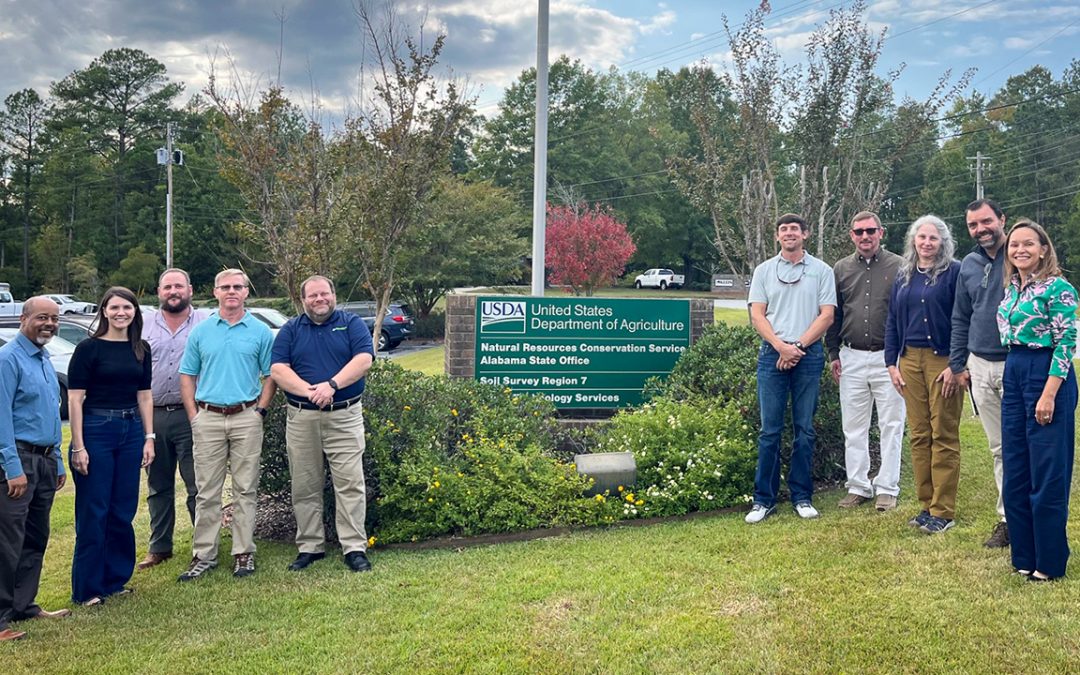
Auburn University researchers and Alabama Extension specialists are taking their expertise from labs and small experimental plots to Alabama farmers’ fields with a $4 million grant from the Natural Resources Conservation Service (NRCS). The grant aims to increase...
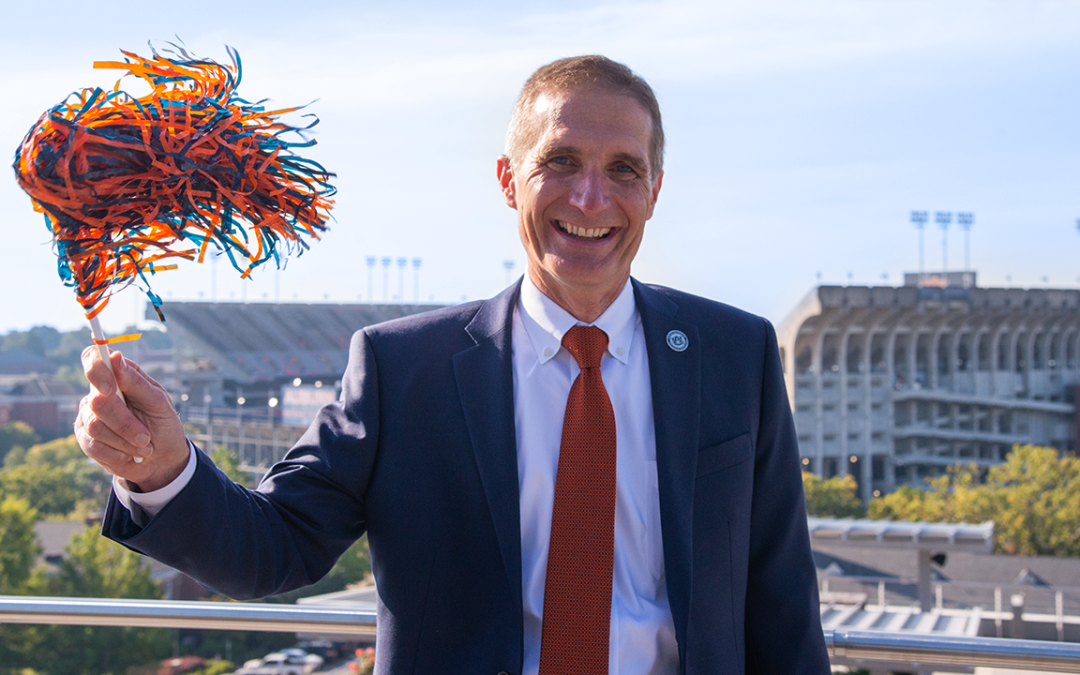
As 2024 draws to a close, Paul Patterson is stepping away from his roles as dean of the College of Agriculture and director of the Alabama Agricultural Experiment Station, effective Jan. 1. He led both to record numbers in the areas of teaching, research and outreach since he assume the positions in March 2016…
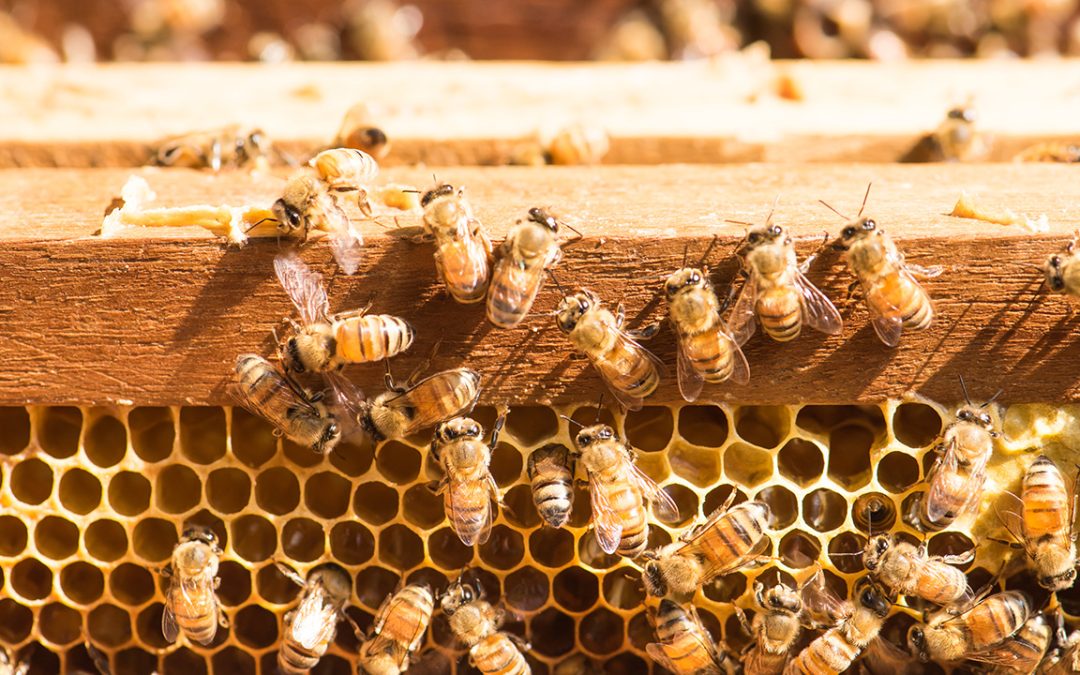
The annual U.S. Beekeeping Survey, designed and administered by Auburn University and Apiary Inspectors of America, indicates the highest colony losses since the 2010-11 beekeeping season, when colony loss rates were first determined. U.S. beekeepers lost an estimated...
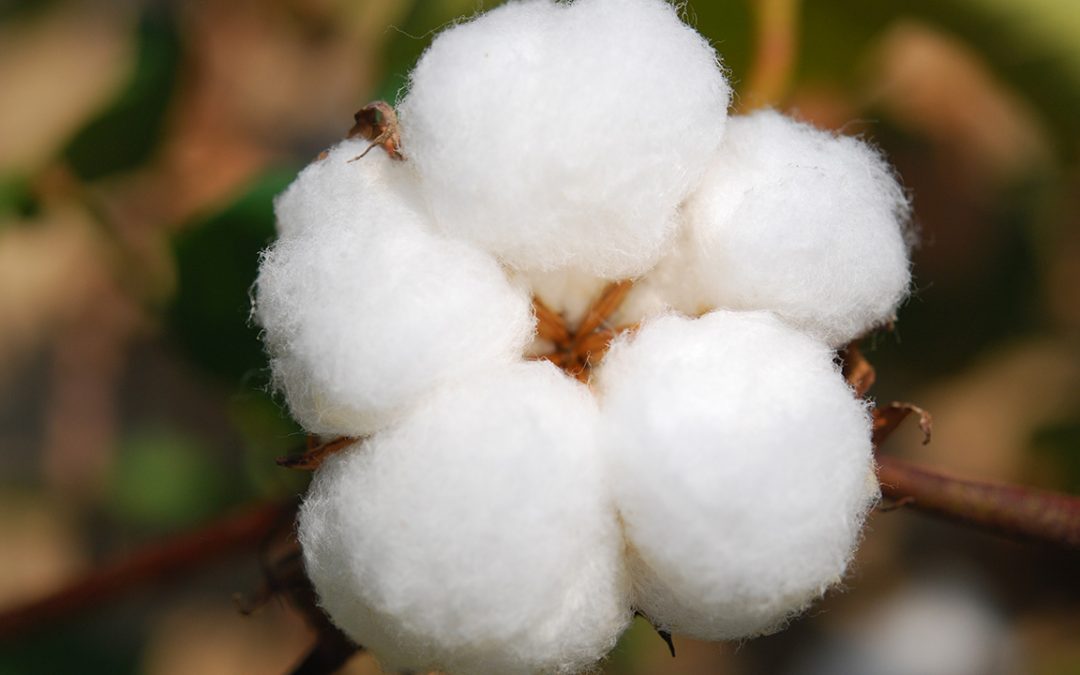
Auburn University’s Kip Balkcom, Eddie McGriff and Simerjeet Virk will be among the researchers presenting at the National Conservation Systems Cotton and Rice, Southern Soybean and Corn, Delta States Irrigation and Southern Precision Ag conferences being held Jan. 27...
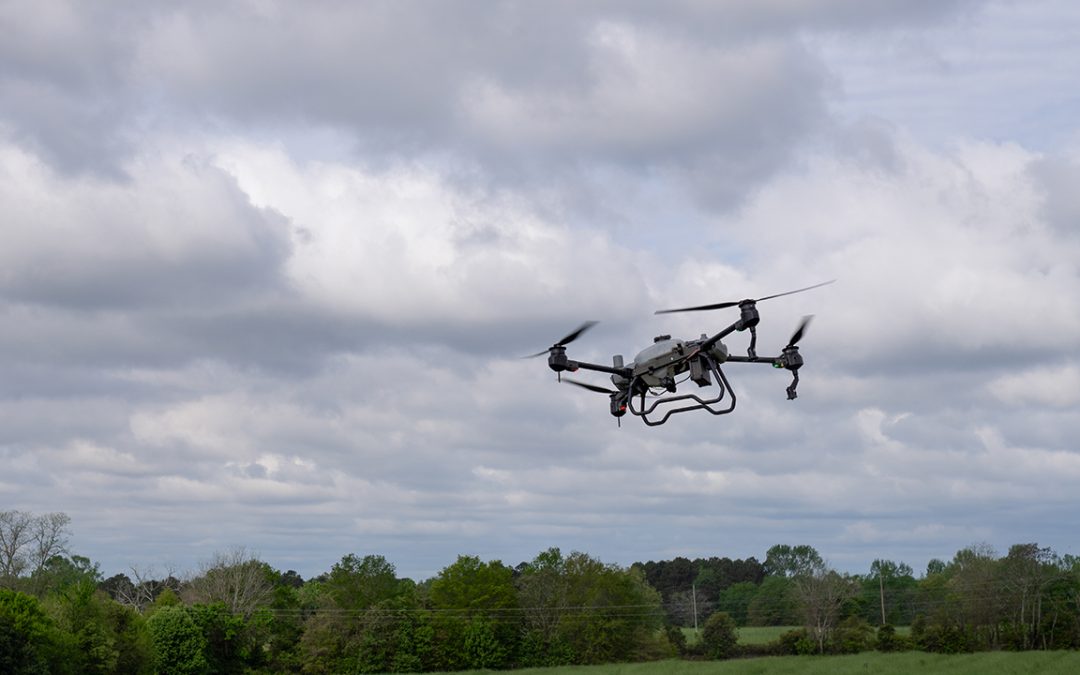
Auburn-developed method could advance efforts to breed a drought-tolerant peanut Auburn University researchers have devised a new means of measuring the physiological characteristics of peanut plants that should prove to be instrumental in speeding the breeding...
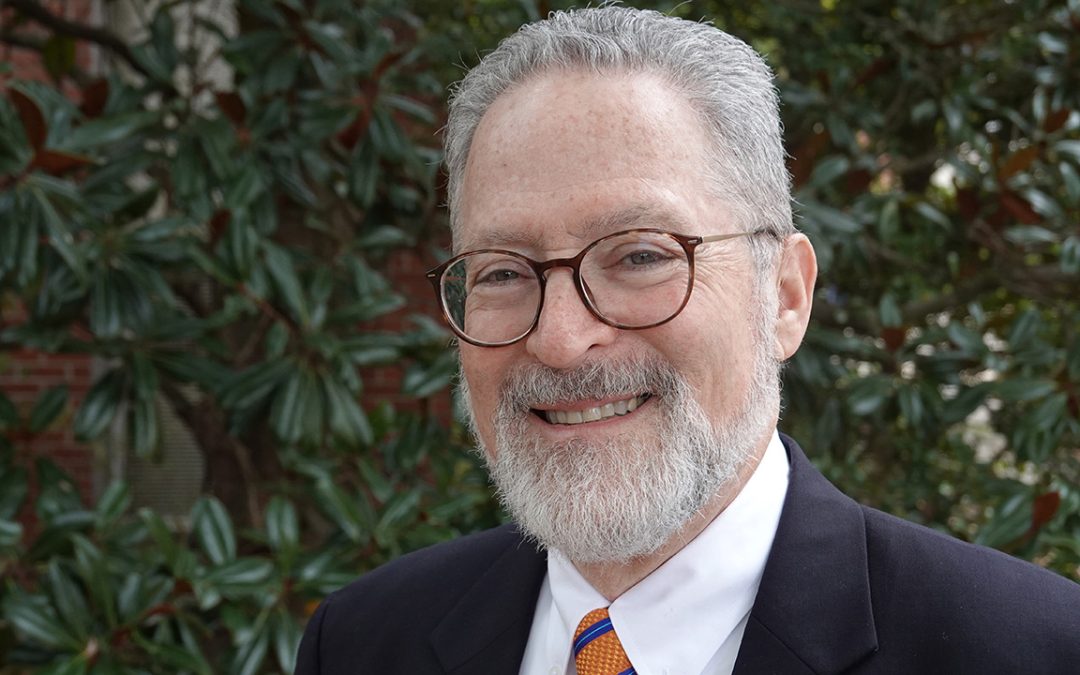
Arthur Appel will serve as interim dean of the Auburn University College of Agriculture and interim director of the Alabama Agricultural Experiment Station, effective Jan. 1. Appel has served in his current role as associate dean for research and assistant director of...
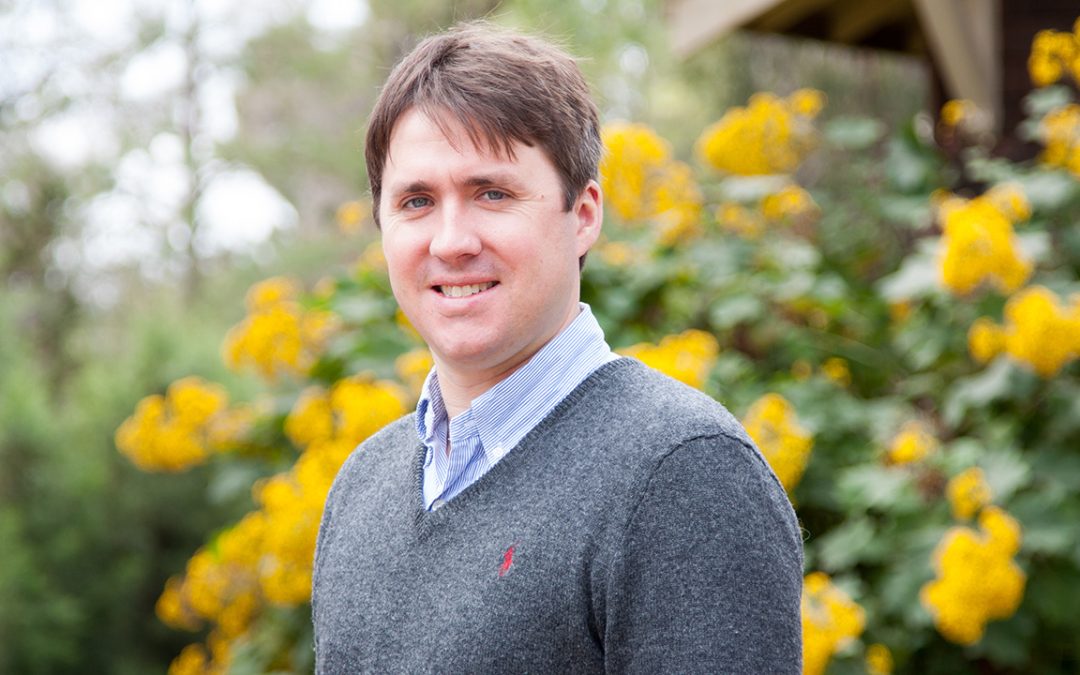
Andrew L. Rypel will serve as director of the Auburn University School of Fisheries, Aquaculture and Aquatic Sciences, effective March 22. He comes from the University of California at Davis, where he currently serves as director of the Center for Watershed Resources...
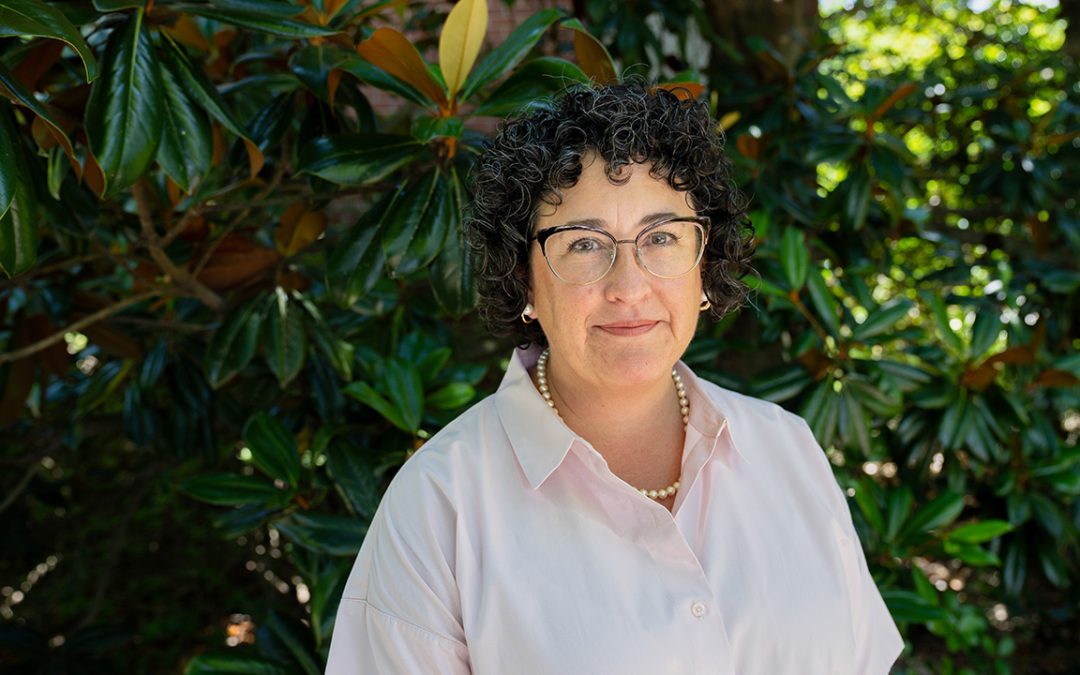
Amy Wright, professor of horticulture and associate dean for instruction, was named an American Society for Horticultural Science Fellow at the society’s annual conference Sept. 23-27. ASHS is globally recognized as one of the most respected and influential...
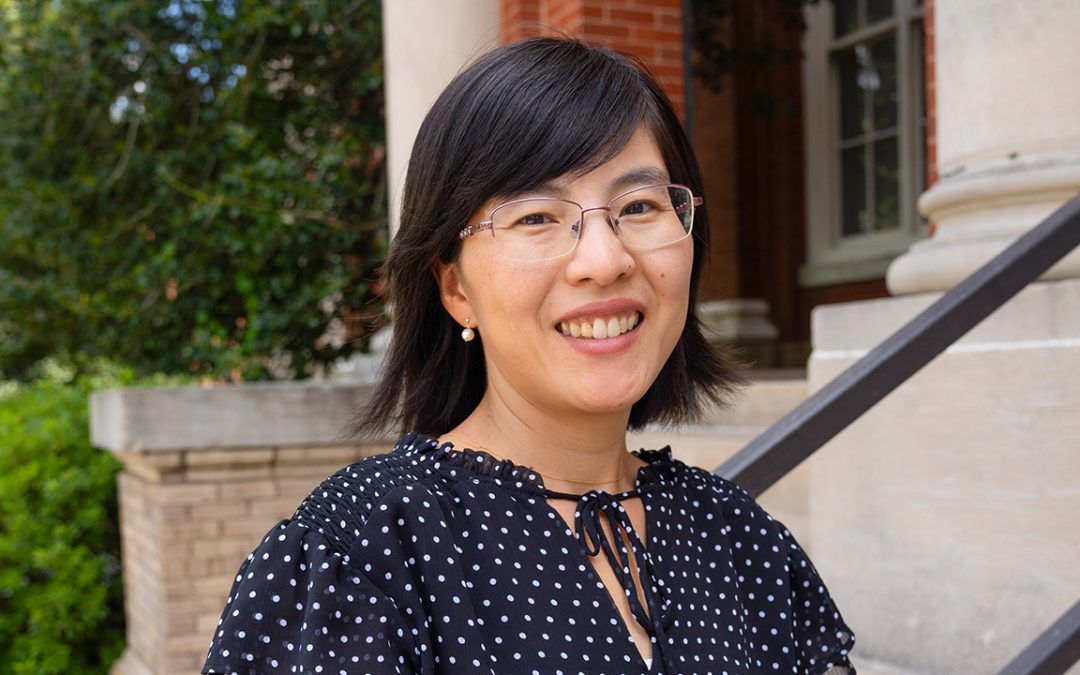
Sushan Ru, assistant professor of horticulture, won first place in the Early Career Competition at the American Society for Horticultural Science Annual Conference Sept. 23-27. ASHS is globally recognized as one of the most respected and influential professional...
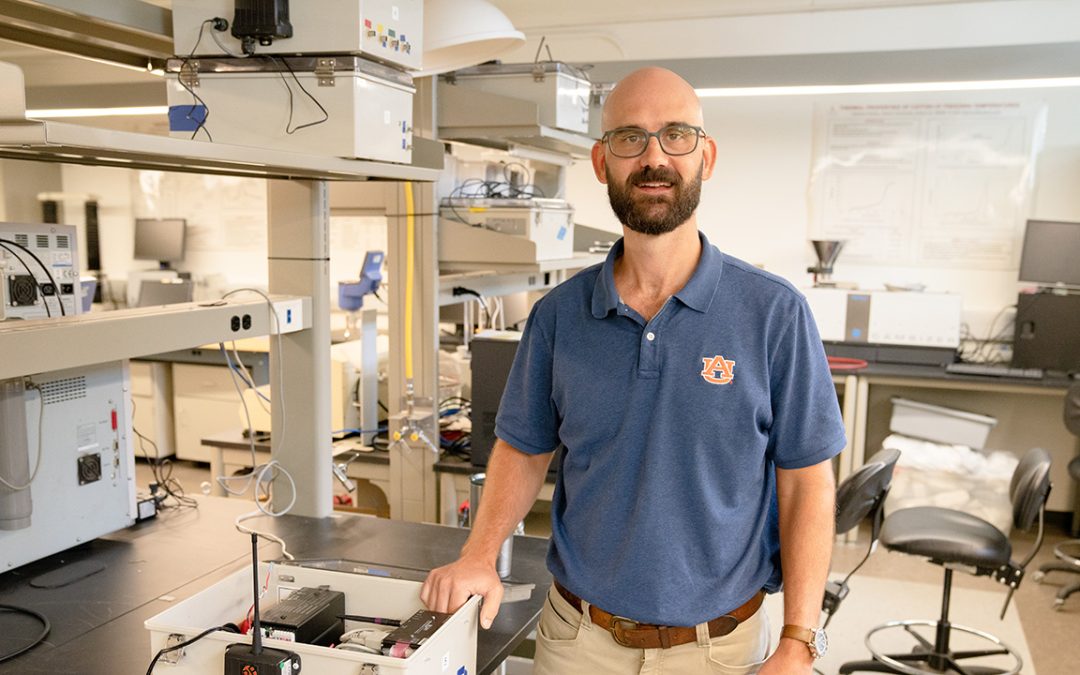
The average broiler chicken lives 6–8 weeks and spends much of that time indoors, but researchers at Auburn University are investigating the use of natural light in broiler houses and its effects on bird performance and welfare. A team of agricultural engineers,...
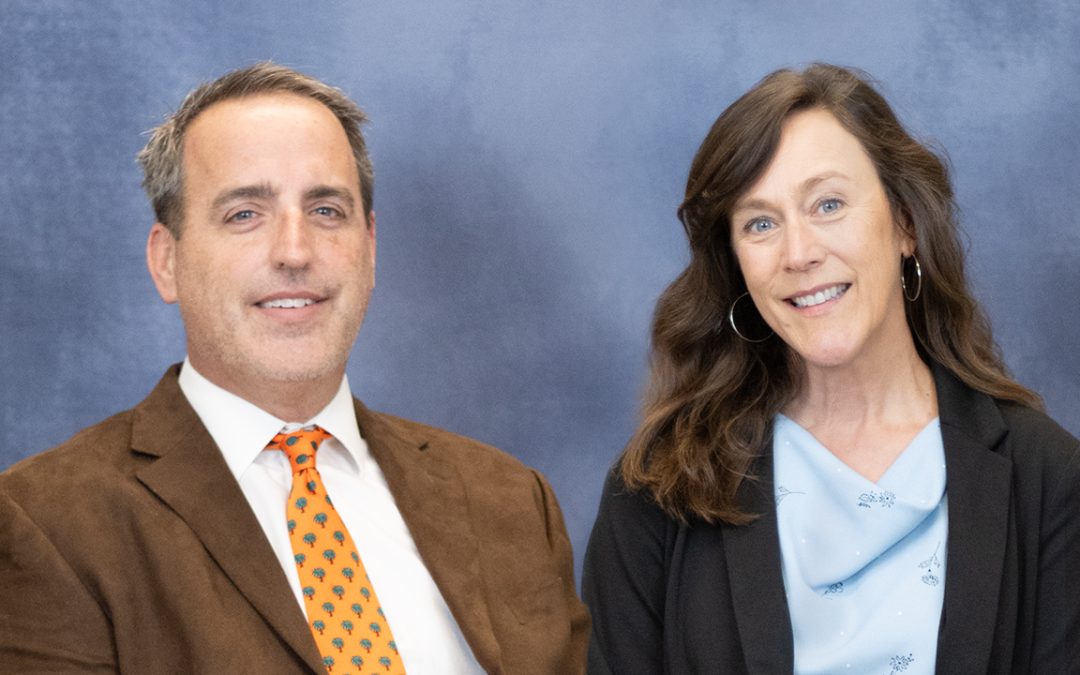
Two College of Agriculture faculty members were announced among Auburn University’s five 2024 Alumni Professors Sept. 20. Eve Brantley, a professor and associate director of the Alabama Cooperative Extension System, is a renowned expert in water quality and...
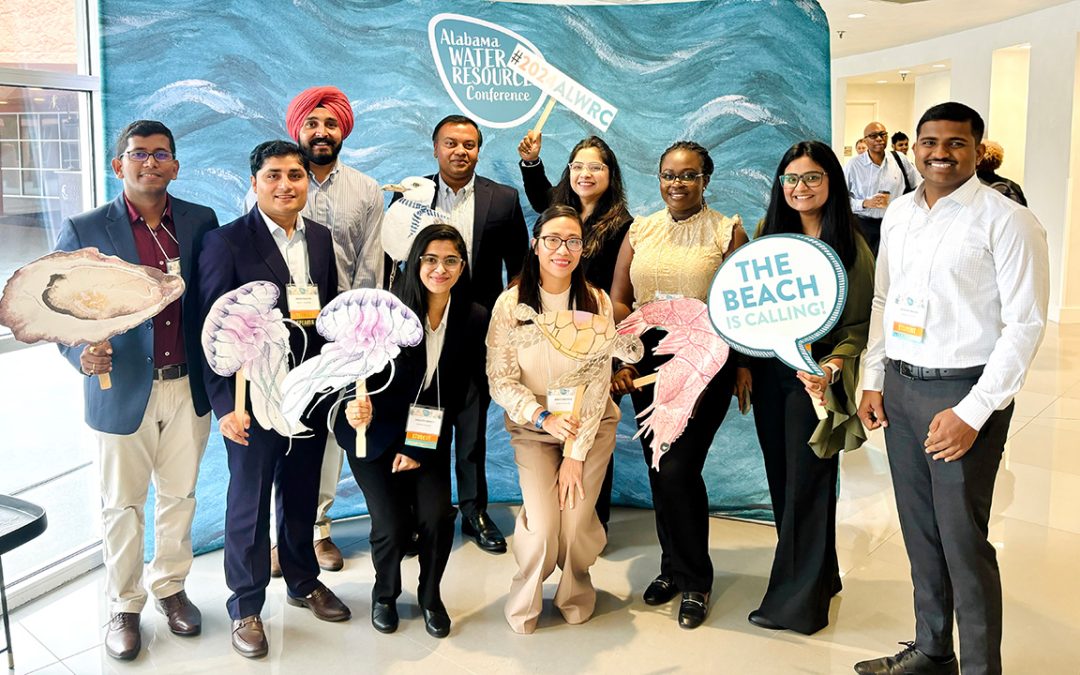
The Auburn University Water Resources Center welcomed a record 370 attendees to its annual Alabama Water Resources Conference in Orange Beach Sept. 4-6. The conference has been held since 1987. This year’s conference included eighty undergraduate and graduate students...
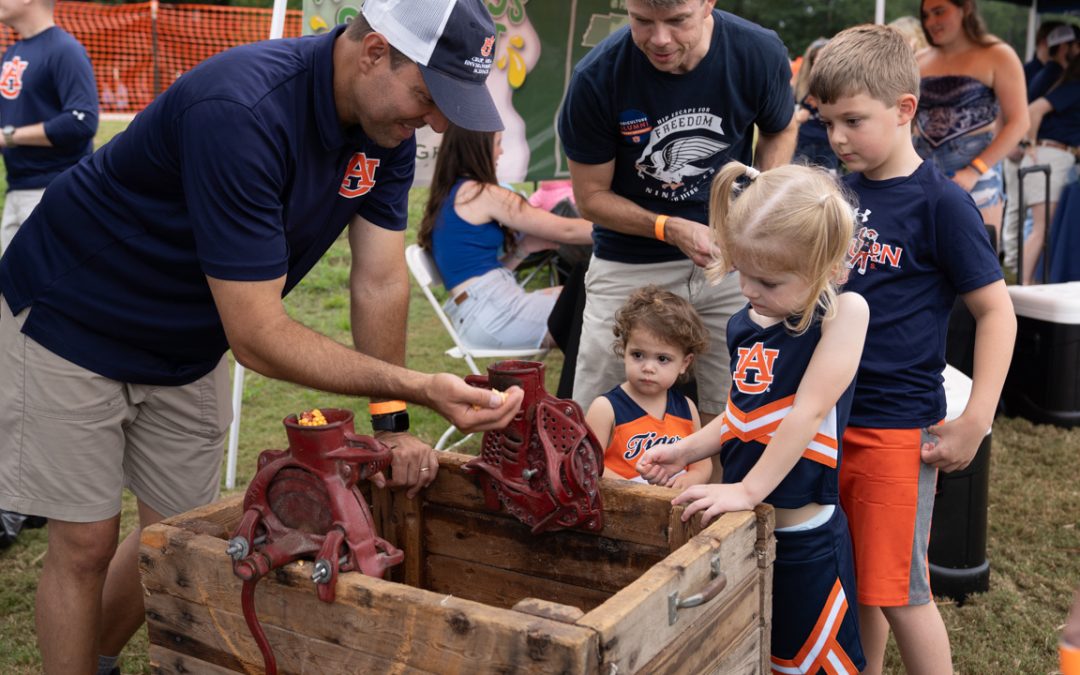
The 45th annual Ag Roundup, hosted by the Auburn Agricultural Alumni Club and Auburn University College of Agriculture, will take place Sept. 14, 3:30-5:30 p.m., at Ag Heritage Park on the Auburn campus. The event is a Homecoming weekend tradition for alumni and...